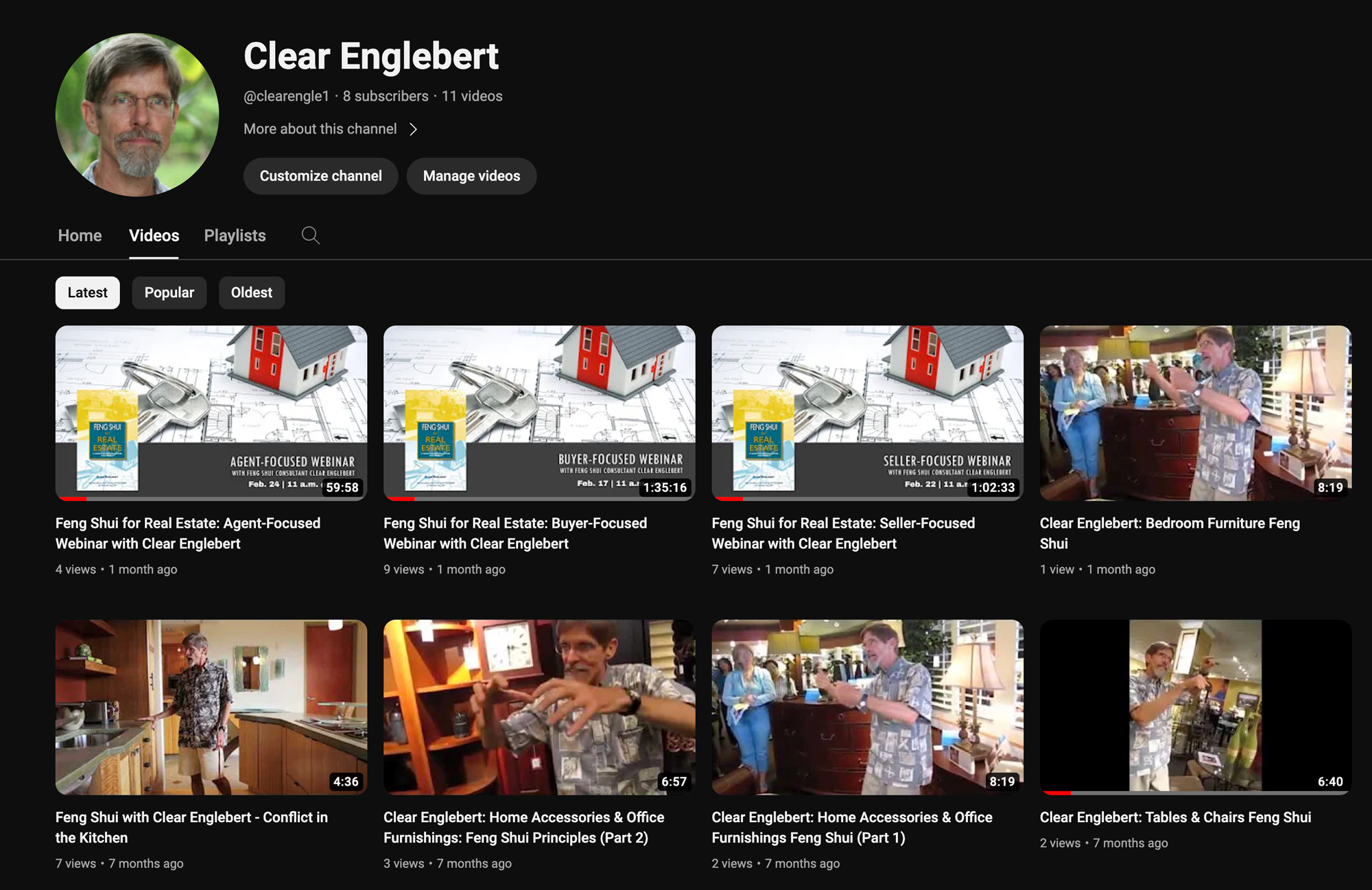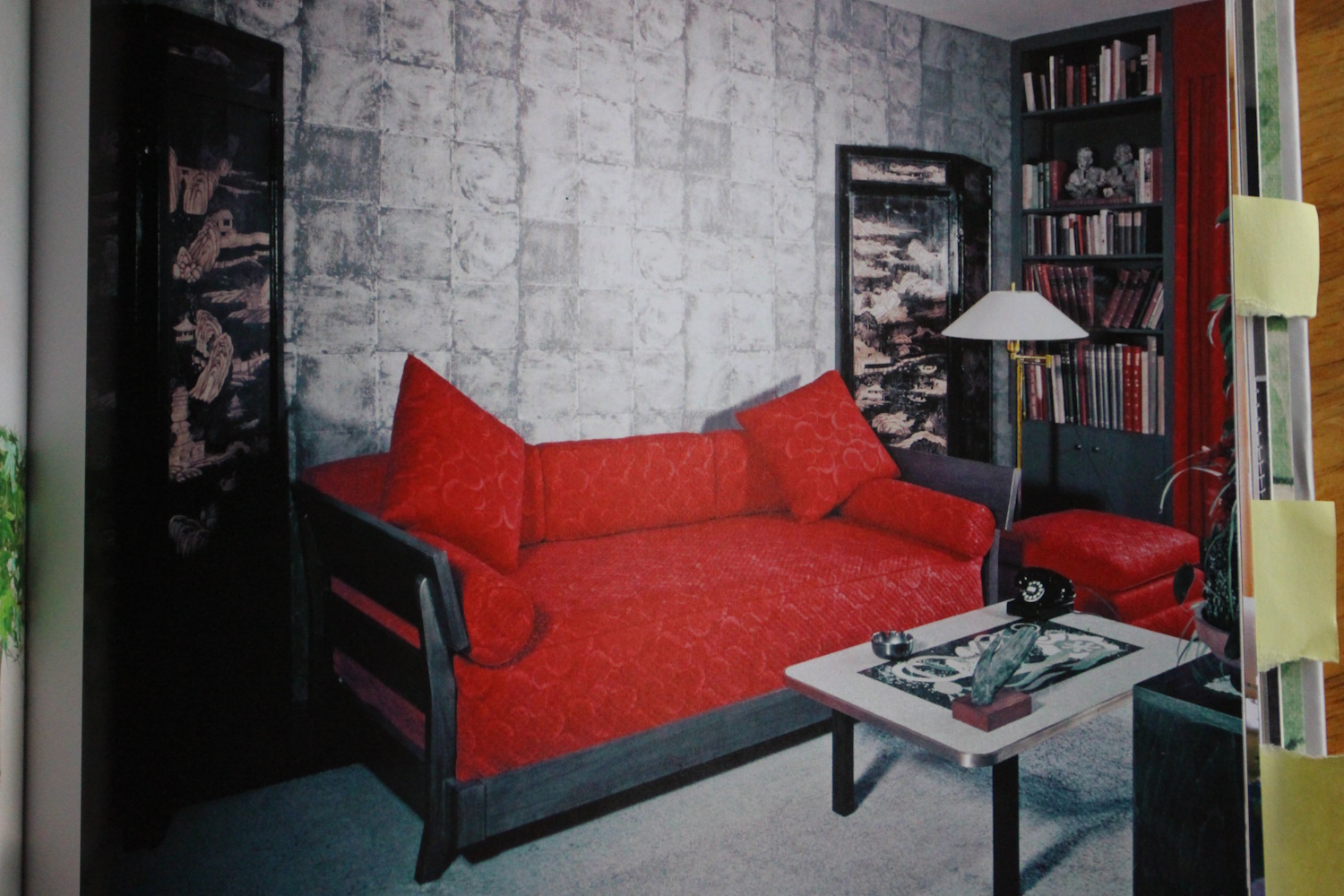Three Famous Gay Men from Huntsville, Alabama
Most of my bookselling experience has been in Huntsville, Alabama, and in that capacity there, I was honored to meet three famous men who were also gay. Most of them never declared that in their lifetimes. They were of a generation older than me, and to declare that one was gay was never done. To do so would mean the instant and permanent loss of one’s livelihood.
I knew Herb Francis (1924-2024) when he became a shopper at my first store, A Good Book Store, founded in 1971 with my brother Charlie. He was H. E. Francis as an author and he was such a gentleman! He would always happily sign copies of his books so that customers would get “autographed copies”. He had a really good way of speaking—being a college professor. Herb lived to be 100 and died recently of COVID. Herb Francis’ obituary
I met Richard Chase (1904-1988) when I had my second bookstore, Books As Seeds. I founded that store (along with Charlie and Becky, his first wife) in 1978 and sold it back to them in 1984. I went to where Richard Chase was living (just over the mountain) in Chase. He was, of course, of the Chase family that the area was named for, and he made his own name as a folklorist. Dover published his books and we had them in our store. He had just had his first-edition copy of Leaves of Grass rebound. I told him that putting a nice new leather cover on an antique book could not necessarily be counted as “value-adding” in an American market. I did not scream “You idiot. You did what?” Part of me wanted to, but I held that in bounds and was quite diplomatic. The book did indeed look very gorgeous, and I hadn’t seen it before the new cover was added. It could have been really bad off. But that’s the thing with an American antique market (as different from Euro, etc.) that the authenticity of an object adds more to value than if it has been restored to look brand new. I was over my head as to determining any kind of value for the book, which is what I told him, and I recommended that he contact the very best auction companies. Richard Chase in Wikipedia
Harry Townes (1914-2001) the Hollywood actor was the most “out” of these three people. He was a member of Opening Books which was my third Huntsville business—part gift shop and mostly a non-profit library. He wrote his name on the checkout cards (two per book—we used the two card system—a very advanced pre-computer system.) when he checked out gay novels & gay films. In 1989 he had moved back to Huntsville to take care of his elderly mother and that was the same year that I founded Opening Books. My father had debated with Harry when they were both in high school. Harry went to Huntsville High and my father had gone to Rison School when it was a high school. When I was growing up we subscribed to TV Guide and anytime a Harry Townes movie came on we made a point of watching it. I can’t tell you how thrilled I was when he walked into Opening Books and bought a membership so he’d have access to good gay books and movies—that’s all he ever checked out. He no longer lived right in town, but was in a gated subdivision on the left-hand side if you were going to Ardmore. He had a very handsome driver, who almost never said a word. Harry was not bothered in the least by writing his name is bunches of gay books and whoever ended up with the stock from Opening Books will find Harry’s autograph many times over. Harry Townes in Wikipedia
All these gay men were what you’d call bachelors. Before my generation (I was born in 1951) it was next to impossible for gay men to establish long-term, live-in relationships. It was too “out” and even that word didn’t much exist as part of the phrase “out of the closet”. Nobody would afford to be out. And speaking personally as a radical gay man, I found Huntsville to be an emotional desert for the years that I lived there, and certainly not a great place to be gay period. Even my own mother said she sometimes feared for my life. I told her I did too.
I’ll finish this article by liberally quoting from the excellent book On Christopher Street: Life, Sex, and Death after Stonewall by Michael Denneny. The quotes eloquently explain how the four nights of riots in New York City changed everything for gay people. By that time we also had the courageous example of the Women’s Liberation Movement.
“…homosexuality pervades a person’s life and character and is a central aspect of one’s identity. [page 115]
“Within our own lifetime, homosexuality has been seen as a sin, a crime, an impairment, a sickness, and a perversion.” [page 117]
“Most of us have known the socially divisive significance of homosexuality since our adolescence. We knew it when we hid our sexuality from our best friends, afraid that they would desert us. We knew it when we were clever enough to hide our sexuality in order to get into the schools, jobs, or professions we chose. Many of us know it today in our continued reluctance to acknowledge the fact to our parents. We do not have to wonder whether homosexuality is central to our social identity in this society; we know it is from our concrete experience.” [page 120]
“Finding ourselves homosexual in a straight world endows us with a fundamental insight into the nature of our society – its driving insistence on uniformity and its obsessive fear of difference. The different, as such is so threatening to this society that for centuries it has attempted to deny that we even exist. Surely the most bizarre and remarkable aspect of homophobia is the near-pathological reluctance of straights to even name this behavior they detest so much.” [page 124]
“In the Fifties, American culture, including literary culture, was systematically, pervasively, and actively homophobic on just about every level you can imagine, which even the briefest acquaintance with the cultural history of that period makes perfectly clear.” [page 143]
“At the time it was quite clear that the straight would would rather not know we even existed, and when they were forced into that awareness their general response was hostility. And this was only to be expected. After all, the mechanism by which this society implemented the oppression of gay people was to extend a blanket of invisibility over most gay life, while simultaneously promoting lurid images of marginal figures…” [page 206]
“…invisibility and silence had been the chief means of gay oppression.” [page 371]
“The great surge of communal energy released by Stonewall was opening all sorts of spaces in the society where we could unbend, stretch out, and breathe. In our social lives we had started to undo the damage caused by years of being forced to live in the closet.” [page 179]
“Stonewall was the critical point, the unpremeditated and still somewhat inexplicable event that unleashed a vast reconstitution of gay society…” [page 207]
“Stonewall was The Great Refusal, a deep, not fully understood, rejection of the way society both conceptualized and treated homosexuals…” [page 301]
“That was the great No! – the great refusal, the declaration that we weren’t going to put up with it any more. June 1969 became a great dividing line of modern gay history, separating everything a before and after…” [page 313]
Leave a Comment Cancel Comment
Related Posts
Recent Posts
Three Famous Gay Men from Huntsville, Alabama

My Youtube Feng Shui Channel




Article Comments
Clear Englebert
June 26, 2024 8:05 amBefore I posted this article, I sent it to the author & Harvard professor, Michael Bronski. Here’s what he had to say: “I think this blog post is lovely — very caring and kind to the men, while at the same time very clear about who they were (and what made them be closeted….) It is a masterwork of responsible, very kind and understanding outing….. thanks for it.”